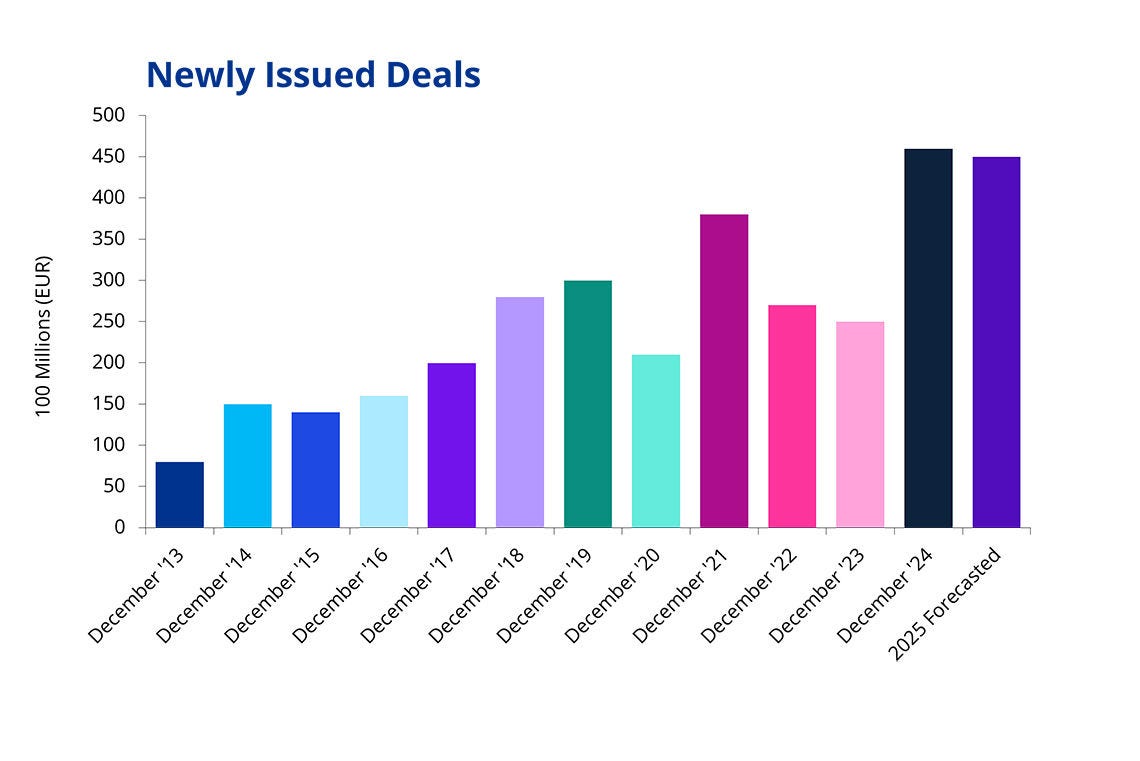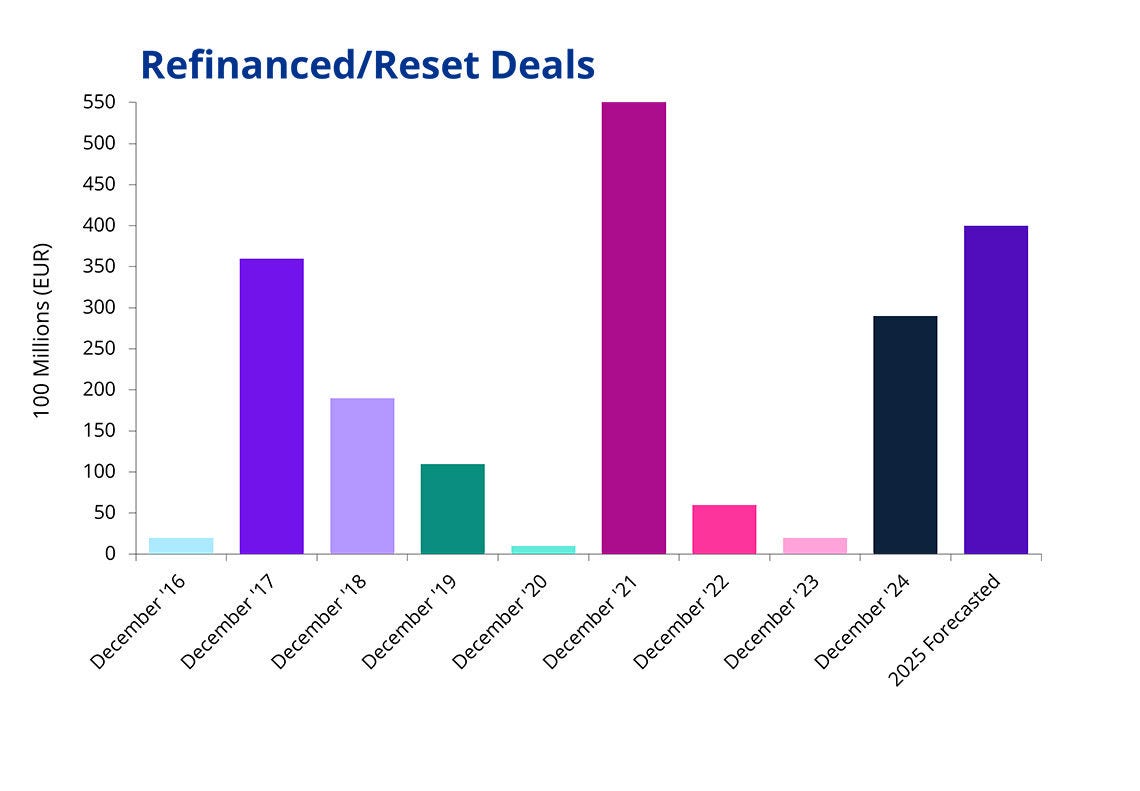On March 14, 2025, the Joint Committee of the European Supervisory Authorities (ESAs) proposed revisions to the European Union (EU) Securitisation Regulation (SECR).
The key aspect of these revisions is to establish a consistent regulatory framework for the EU Collateralised Loan Obligation (CLO) segment.
The KPMG Financial Instruments team delves deeper into the topic in the article below.




